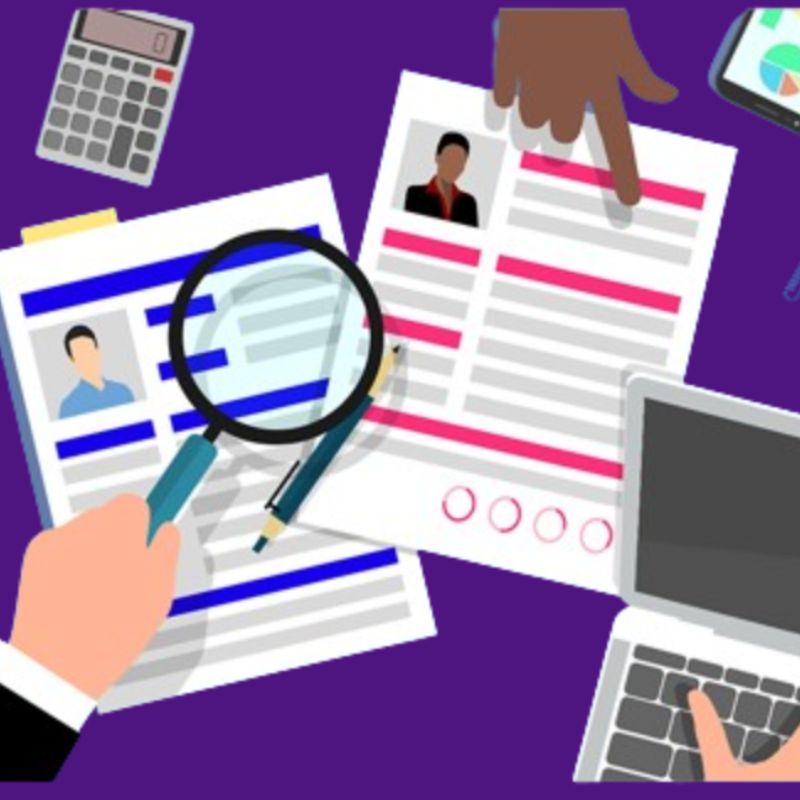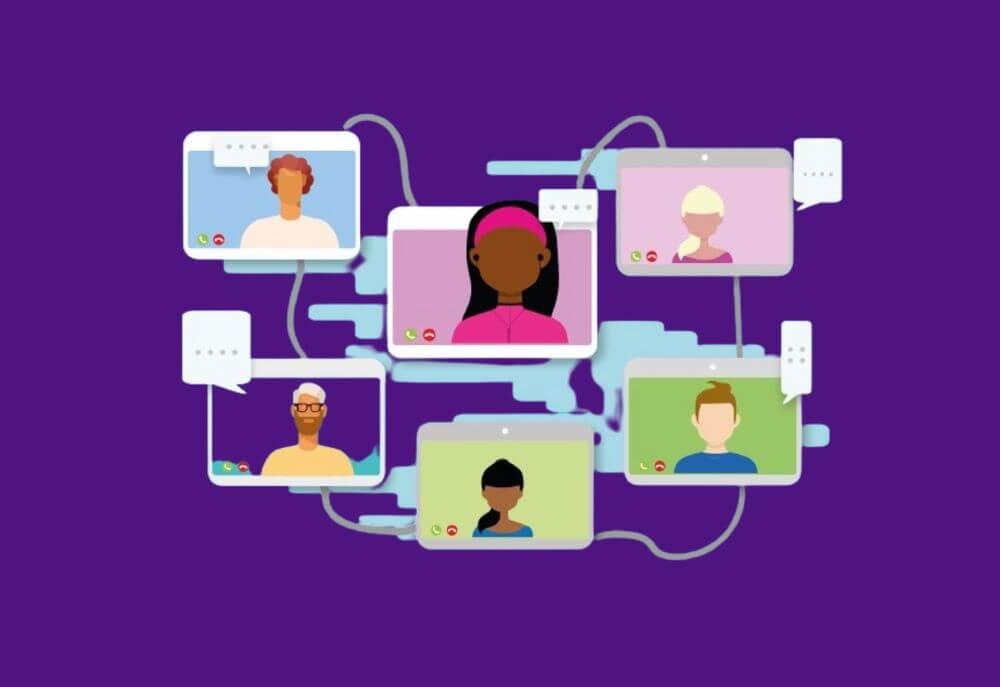When hiring an executive assistant (EA), it’s crucial to ask the right questions to ensure that you find a candidate who is skilled and experienced and a good fit for the company culture.
Here, we explore a range of interview questions designed to assess a variety of competencies – from handling confidential information to managing complex schedules and using advanced software programs (tools).
Essential Executive Assistant Interview Questions
Prioritization Skills
- Question: How do you prioritize tasks when everything seems urgent?
- Sample Answer: “I start by understanding the executive’s top priorities, then categorize tasks based on deadlines and importance, communicating with stakeholders to clarify urgent needs.”
Handling Confidential Information
- Question: Describe a time when you had to handle a confidential matter. How did you ensure discretion?
- Sample Answer: “I maintained discretion by limiting discussions to those directly involved and using coded language in communications.”
Scheduling and Calendar Management
- Question: How do you manage an executive’s schedule when conflicting appointments exist?
- Sample Answer: “I maintain a buffer time between appointments and prioritize based on the executive’s needs, rescheduling or delegating as necessary.”
Technical Proficiency
- Question: What software tools do you use to assist in your daily tasks, and how proficient are you with them?
- Sample Answer: “I am skilled in using Microsoft Office Suite, particularly Outlook and Excel, and familiar with Asana for task management. I consider my proficiency to be advanced.”
Communication Skills
- Question: How do you ensure effective written communication on behalf of an executive?
- Sample Answer: “I draft communications with clarity and professionalism, ensuring the message aligns with the executive’s intent and obtaining reviews as needed.”
Additional Insightful Questions
- Managing Sensitive Information: How do you handle requests for sensitive information from people outside the company?
- Software Competency: Can you give an example of how you’ve used Excel to streamline a complex process?
- Job Fit and Motivation: Why do you think you are a good fit for this role? What motivates you to excel as an executive assistant?
These questions not only assess the candidate’s ability to perform essential tasks but also provide insights into their problem-solving approach, technical skills, and their understanding of the confidentiality integral to the role of an executive assistant.
In addition to these questions, it’s beneficial to ask behavioral questions that require candidates to draw on real-life experiences, as these can reveal their practical knowledge and adaptability in real-world scenarios.
Examples of behavioral interview questions
Overcoming Challenges
- Question: Can you describe a time when you faced a significant challenge at work and how you handled it?
- Sample Answer: “Once, during a critical board meeting, the presentation equipment failed. I quickly arranged for alternative solutions and guided the IT team to resolve the issue promptly, ensuring the meeting proceeded smoothly.”
Improving Processes
- Question: Tell me about a process that you improved. What was it, and what changes did you make?
- Sample Answer: “I noticed that our travel booking process was causing delays and errors. I implemented a new procedure using a centralized booking tool, which saved time and reduced booking errors by 30%.”
Handling Difficult Situations
- Question: Describe a time when you had to manage a difficult or demanding request from an executive or colleague.
- Sample Answer: “An executive requested a complex report within an unrealistic timeframe. I negotiated a more reasonable deadline and coordinated with the team to prioritize tasks, delivering a high-quality report on time.”
Leveraging Cultup for Effective Interview Preparation
Preparing for and executing an job interview that provides an executive experience starts well before the actual meeting.
A key tool in this process is Cultup, a platform that enhances the interview setup through smart agenda planning and AI-assisted question design.
With Cultup, interviewers can collaborate with AI to create a perfect agenda.
The platform offers access to a database of previous interview questions, allowing for the selection and customization of questions according to the specific requirements of the interview at hand. Interviewers can decide which parts of the agenda should be visible to the candidate beforehand and which should remain confidential, such as personal notes.
This preparation ensures that the candidate experiences a highly professional and engaging interview process, reflecting the organizational standards and the importance of the role for which they are applying.
Conclusion
Selecting the right executive assistant is vital for the smooth operation of any executive office.
The questions listed here are designed to help interviewers uncover not just the technical and administrative capabilities of the candidates but also their interpersonal skills and their ability to handle the pressures that come with the role.
Through a thorough interview process, enhanced by tools like Cultup, organizations can find executive assistants who are not only capable but also a great fit for their team.



